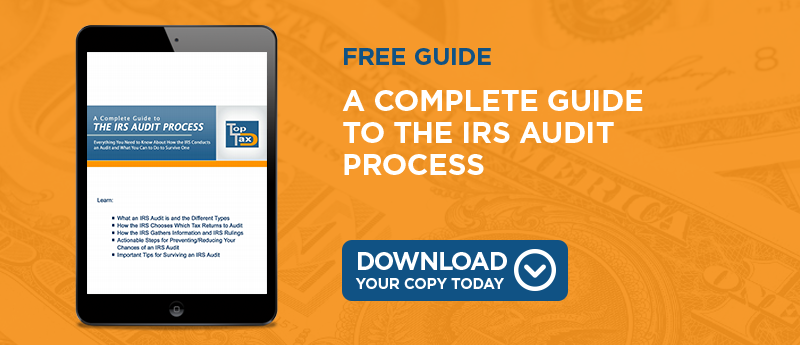

1. The maximum allowable Section 179 deduction decreases to $139,000. This means that if you intend to write off a large purchase of equipment for your business at once, you won't be able to deduct more than $139,000 using this provision.
2. Bonus depreciation decreases to 50 percent. In 2011 you could write off 100 percent of the additional depreciation but this was cut in half in 2012.
3. If you earn more than $106,800 annually your payroll taxes may increase. In 2012, the wage base for figuring Social Security and Medicare taxes goes up to $110,100 which means that you will have to pay a couple of hundred dollars in additional payroll tax if you fall into the new wage base bracket. It's also important to note that this wage base increase also affects self-employed individuals. If you own your own business and you make a net profit of $106,800 or more you can expect to pay about $400 in additional payroll tax.
4. Your FUTA tax may possibly be increased. FUTA tax is a payroll deduction that goes toward funding federal unemployment benefits. While the standard FUTA deduction rate is 6 percent the government may decide to increase it to 6.2 percent as a way of re-instituting a previous surtax.
5. Adoptive parents qualify for a smaller company reimbursement. If you're planning on adopting in 2012 and you've been expecting to receive a reimbursement from your company you'll find that the reimbursement amount is a bit smaller than in previous years. The 2012 corporate reimbursement limit is $12,650 compared to $13,360 previously.
6. Corporate transportation assistance also changed in 2012. Reimbursement for monthly parking passes and carpooling decreased by over $100, falling to $135 in 2012. Monthly free parking limits, though, went up to $240 per employee.
7. The amount companies can contribute to profit-sharing and defined-benefit plans increased. In 2012, companies may contribute up to $50,000 to profit-sharing plans and up to $200,000 to defined-benefit plans.
If any of the above situations apply to your tax circumstances, then you'll need to pay special attention to these tax law changes for 2012. Make sure that you keep these adjustments in mind during the year so that you can adapt your budget as needed. A qualified tax professional can help you and your company better understand these changes.



